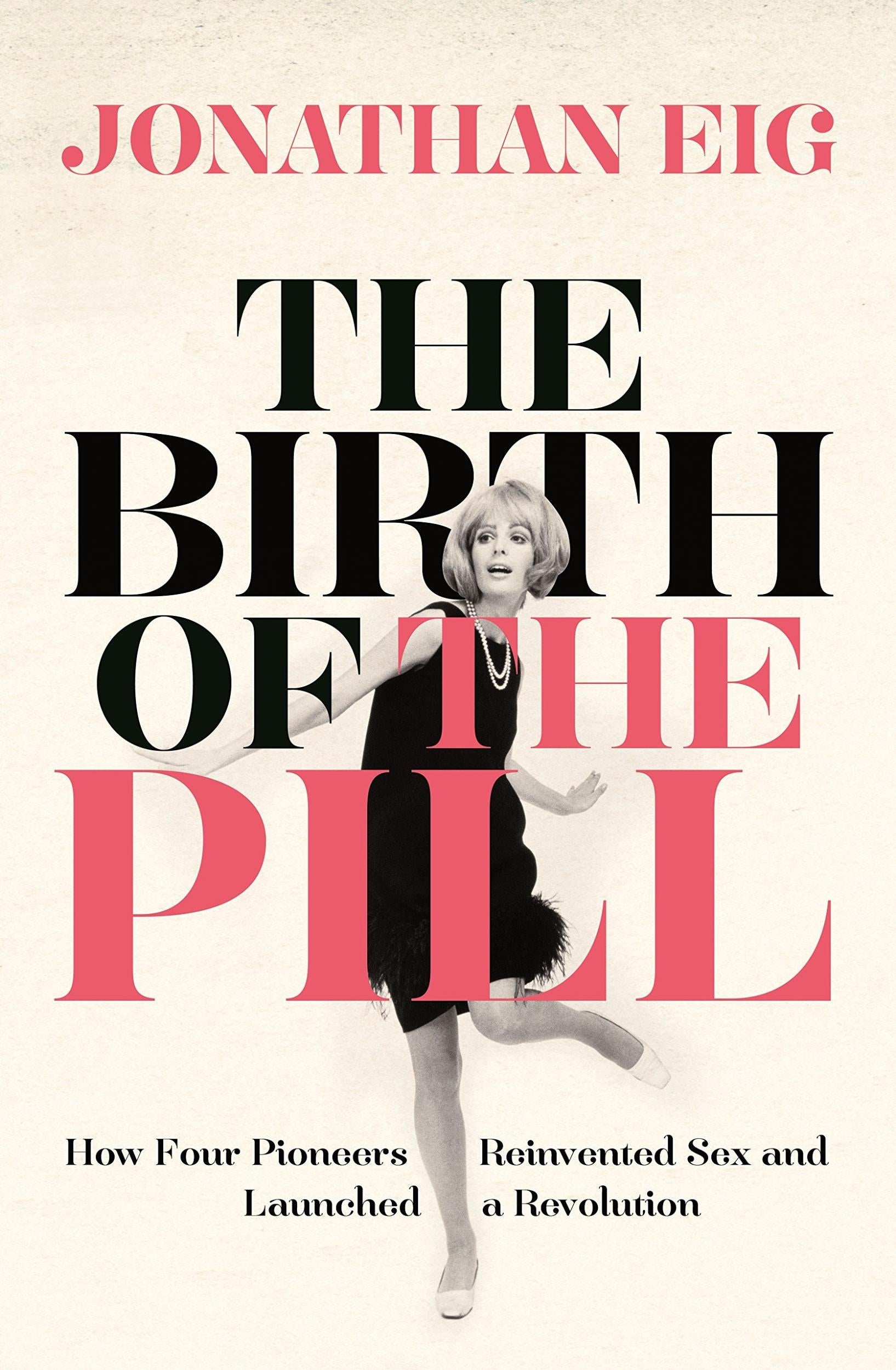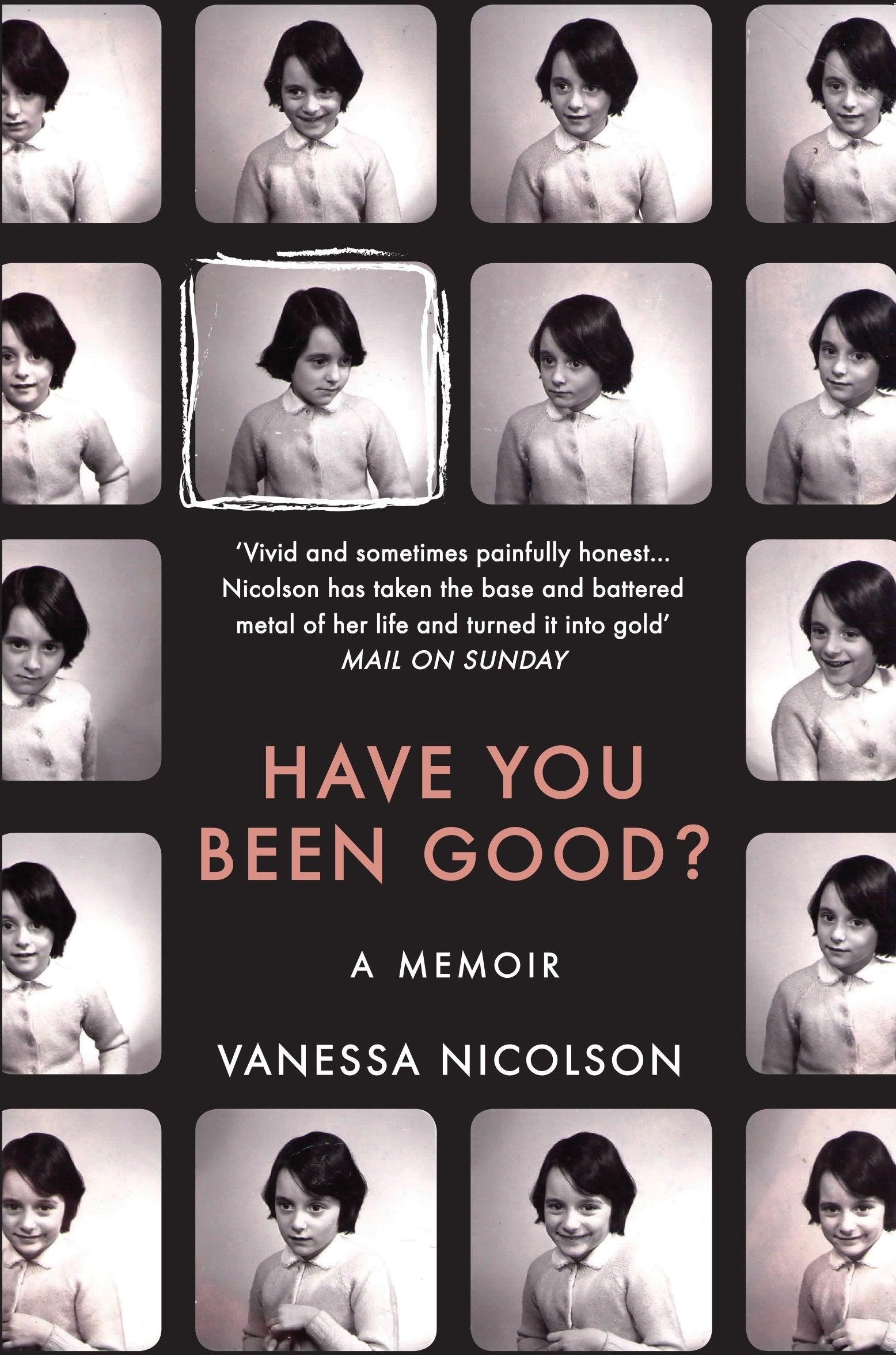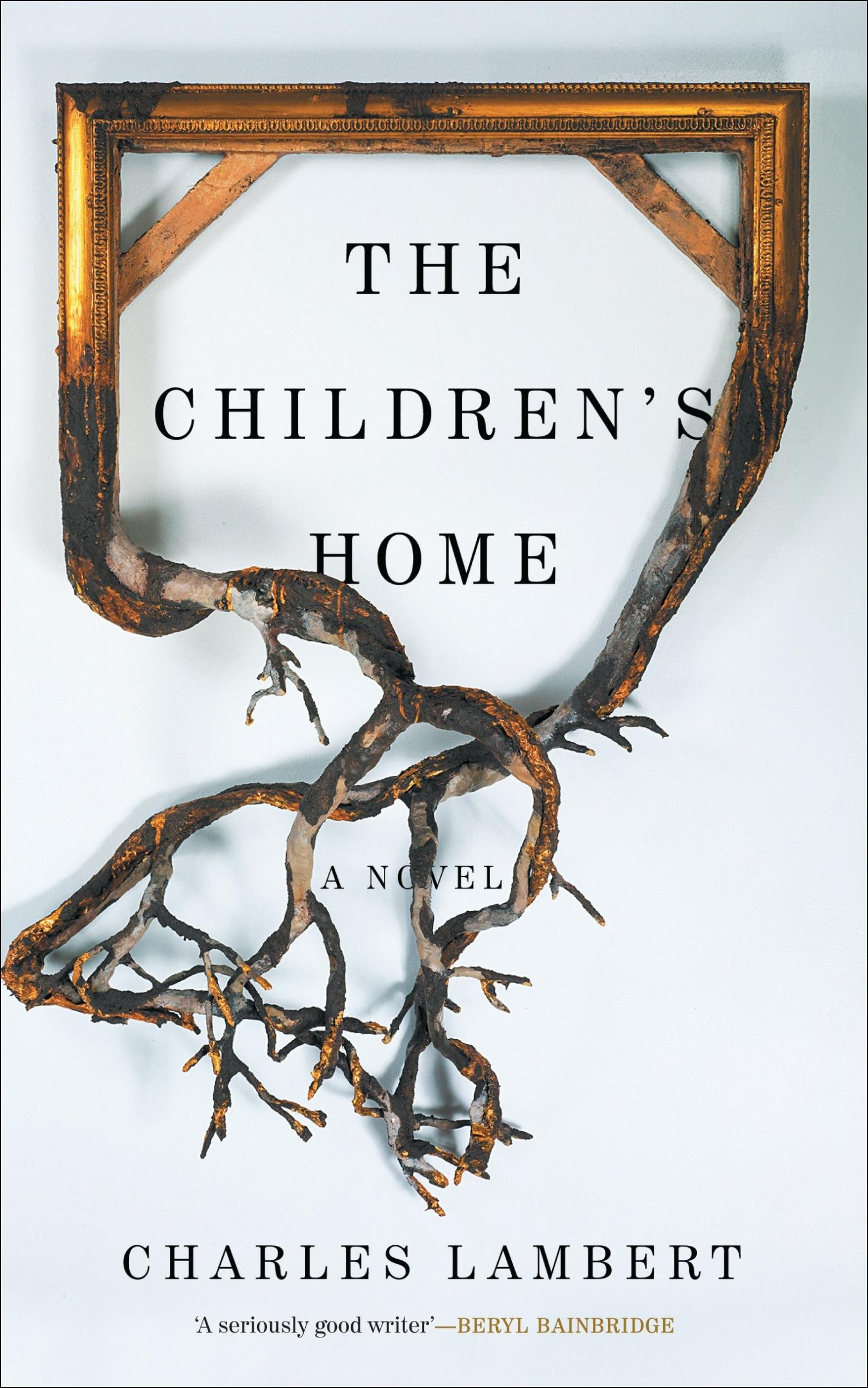Paperback round up: reviewed by Lesley McDowell

The Birth of the Pill ... by Jonathan Eig. Pan £8.99
In all the commentaries and discussions about the social effects of the contraceptive pill on generations of women, the individuals responsible for it coming into being have been somewhat overlooked.
Whether or not this is due to a failing when it comes to giving women’s history the due it deserves, it seems astonishing that the four women and men who really did cause a revolution in so many women’s lives around the world aren’t household names.
Margaret Sanger was the woman behind it all. She had the money, and in 1950s America, she had the drive to employ a rather maverick scientist, Gregory Pincus, to develop the pill.
The founder of what became Planned Parenthood, she was unconventional and forthright, but together with another philanthropist, the wealthy widow Katharine McCormick, they kept research going. Some of Sanger’s motives were questionable (she flirted with eugenics), but as Eig points out in his fascinating history, what she always had in mind was women’s independence.
Her letters from women broken by endless child-bearing are heart-breaking.
The fourth “pioneer” was the gynaecologist and Catholic John Rock, a married man who had homosexual experiences.
Their methods would be often appalling – women with mental disorders were experimented on, without their full knowledge, and Eig doesn’t try to skip over science’s dark patches.
Desperately poor women in Puerto Rico also became part of the experiments, and this exploitative nature of scientific progress is hardly offset by the end result. Yet this end result was demanded by women, too, rich and poor.
It’s an astonishing story which also reflects on post-war attitudes that might, but for some progressive individuals, have pulled women back to the dark ages.
The Typewriter’s Tale, by Michael Heyns. Freight Books £8.99
Anyone who loves Henry James will adore this. Frieda Wroth, James’s secretary, is alone in the world and must make a living after her mother dies.
At Lamb House, in Rye, Frieda falls in love with James’s friend, Morton Fullerton and, after a night of passion, he promises to be with her if she can purloin some letters that he wrote to James and which the “Master” won’t return. As Frieda tries to acquire them, we meet James’s niece, who wants to emulate her dead Aunt Alice and contact her in the spirit world, a young Hugh Walpole and a monstrous Edith Wharton, who will become Frieda’s nemesis.
The novel is a delicious Jamesian pastiche, and Heyns recalls James’s heroines in the figure of Frieda, who goes willingly towards her own ruin.
But he goes further, giving her life story a happier ending than James would have done.
Frieda is smart, funny, modern and intuitive and with her story, Heyns has given us something playful as well as thought-provoking.

Have You Been Good? By Vanessa Nicolson. Granta £9.99
Nicolson’s memoir is really about how we create families we can love and live with, and what we do about the families that we can’t.
Her grandmother was Vita Sackville-West, the author and owner of Sissinghurst. Vita’s life and marriage to Harold Nicolson was chaotic enough, but her son, Ben, seems to have added to the pattern of disastrous relationships.
Both Ben, and her Italian mother Luisa, are pretty awful parents to Vanessa, but the point of her memoir is to try to show that parenthood carries a responsibility beyond name and money.
With her own happy marriage and tragic loss of her daughter Rosa, Vanessa has attempted to learn lessons.
This is an admirably frank autobiography, told with feeling.
Why Grow Up: Subversive Thoughts For An Infantile Age, by Susan Neiman. Penguin £9.99
Anyone watching Donald Trump might be forgiven for finding Neiman’s postulation that we’re living in an infantile age highly persuasive, without even having to read her often exquisitely written take on contemporary values.
But how to be “mature”, she asks, without being depressing, downbeat, boring? Maturity has had a bad name, she argues, since the Sixties, with its cultural privileging of youth over experience.
We now associate maturity with the opposite of progressiveness, yet what we are being sold as progressive – new cars and mobile phones, she says – are toys to keep us distracted from what the folk in power are really getting up to.
This is a call to Enlightenment.

The Children’s Home: A Novel, by Charles Lambert. Aardvaak Bureau £9.99
With overtones of the Holocaust, this story of the lonely, disfigured, orphaned, fabulously wealthy Morgan, whose mansion becomes the focal point for “stray” children, is a politically motivated fairy tale that holds you tight in an uncomfortable embrace.
Morgan’s hideous face is the result of an acid attack by his own mother; in the attics of his huge house, the children and the local doctor, who has moved in, discover a life-sized, pregnant woman, made of plastic.
The children don’t really grow up, except their leader, David, who makes Morgan confront his family’s past, their wealth and their part in a vicious, corrupt society. Beautifully written, without a word out of place or a single false note.
Join our commenting forum
Join thought-provoking conversations, follow other Independent readers and see their replies
Comments
Bookmark popover
Removed from bookmarks